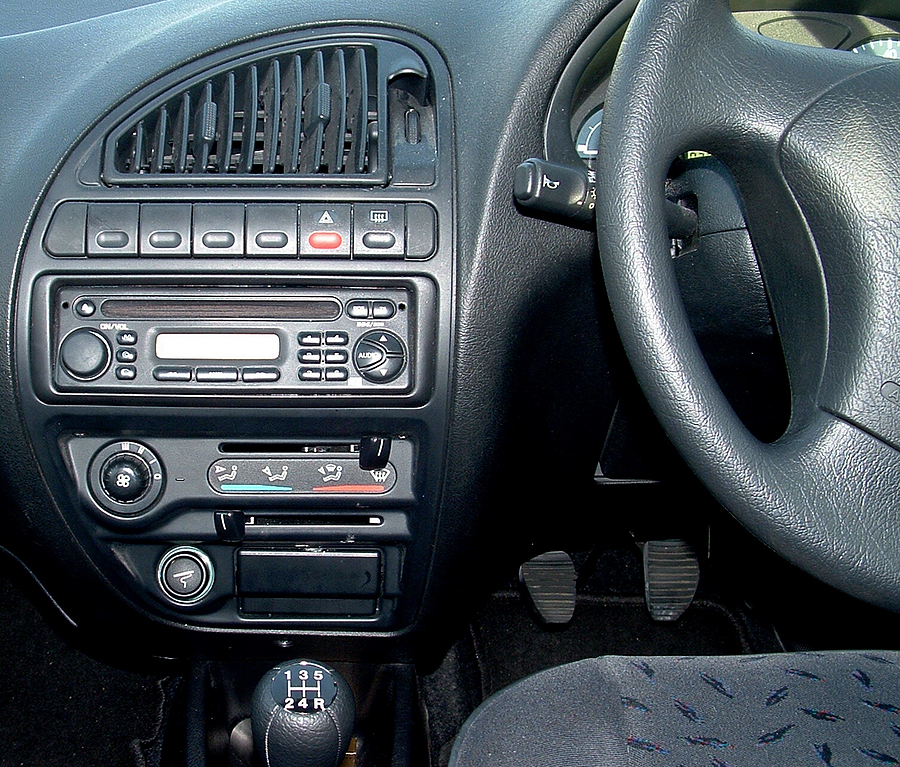An association for operators of car sharing services has developed guidelines for what insurance they should make available to consumers participating in their services.
The San Francisco-based CarSharing Association released a draft liability insurance guideline for round-trip carsharing operators in the United States.
The CSA said it encourages carsharing organizations to communicate to consumers the risks of using carsharing services and the available insurance coverages.
Under CSA’s proposed guidelines, carsharing organizations are urged to provide liability insurance coverage with a minimum of $300,000 per incident for their member-drivers.
Also, member-drivers should be given the option of purchasing additional liability insurance beyond the minimum of $300,000 per incident, according to the draft guidelines.
The group did a survey in summer 2013 that showed that some carsharing operators were offering only the state minimum for insurance coverage (as low as $30,000) although others were offering as much as $1 million in coverage.
If the member-driver has a privately-owned vehicle registered in their name, the liability insurance coverage associated with that vehicle may insure the member-driver in the event of an at-fault collision up to the limit described in the policy. The guidelines say the carsharing organization should direct members-drivers to consult with their insurance broker about the coverages included in their privately-owned vehicle policy.
If the member-driver does not have a privately-owned vehicle registered in their name, the carsharing organization should recommend the member-driver obtain a personal liability policy from an insurance broker to get additional coverage in excess of the limits offered by the carsharing organization’s liability policy, according to the CSA draft proposal.
Carsharing services allow consumers to rent out their own cars (peer-to-peer models) or drive cars that are shared (both round-trip and peer-to-peer models).
The insurance concern is that most personal auto policies exclude liability coverage if an owner rents his or her own car; renting is considered a commercial activity requiring a commercial liability policy.
Most car owners need a commercial auto insurance policy that fully protects them if they choose to rent out their cars to others using a car sharing service in most states, insurance industry officials say.
Most state laws governing auto insurance have not caught up with the new carsharing trend. But three states — California, Oregon and Washington— now have laws to cover these services by clarifying where the vehicle owner’s policy ends and the car-sharing service’s commercial policy begins.
Carsharers in states where laws have not been changed risk not being covered for any accidents as well as having their personal auto policies non-renewed and their premiums go up.
One service, RelayRides, ran into trouble in New York where insurance officials said its insurance was illegal and inadequate and that New Yorkers could be held personally liable for property damage, theft, bodily injury, or death that occurs during the rental.
As of July 2012, 26 U.S. carsharing programs had 806,332 members sharing 12,634 vehicles, according to the Transportation Sustainability Research Center at the University of California, Berkeley.
CSA also says carsharing operators should be transparent and publish the limits of the liability insurance on their websites. Member-drivers should know how much coverage is available in the event of a crash, the group says.
According to CSA, the Insurance Information Institute has reviewed this draft guideline and has endorsed the group’s recommendations.
The draft liability insurance guideline will be open for public comment at www.carsharing.org/forums/ until December 31 and a final version will be issued before the end of January 2014.
Topics Auto
Was this article valuable?
Here are more articles you may enjoy.



 Supreme Court Rejects Challenge to $2.46B Boy Scouts Sex Abuse Settlement
Supreme Court Rejects Challenge to $2.46B Boy Scouts Sex Abuse Settlement  Florida Lawmakers Ready for Another Shot at Litigation Funding Limits
Florida Lawmakers Ready for Another Shot at Litigation Funding Limits  Court Orders Justice Family Coal Companies to Pay $1M to Liberty Mutual Unit
Court Orders Justice Family Coal Companies to Pay $1M to Liberty Mutual Unit  Consumer Acceptance of Telematics Widens, Says Survey
Consumer Acceptance of Telematics Widens, Says Survey 

